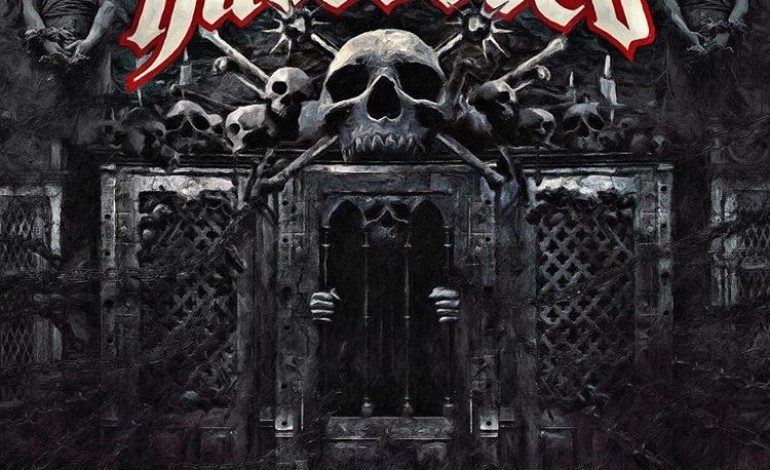

Hardcore Lives
Not since the early 2000s, when Hatebreed and Throwdown were mainstays of MTV2’s popular metal showcase Headbanger’s Ball, has hardcore punk been as popular as it is today. Bands like Nails, Code Orange and Twitching Tongues are spearheading this revival, playing passionate and vitriolic sets on bigger and bigger stages across the globe. With their sixth LP, Concrete Confessional, Hatebreed prove that even in a new era of hardcore, they’re as relevant a voice in heavy music as they’ve ever been.
Hatebreed has gone through a gamut of success. At their pinnacle, they were playing on the main stage at Ozzfest. Today, metal has begun to recede back into the fringes of popular music, and as a result, Concrete Confessional is Hatebreed’s first release on an independent label since their debut. The music itself reflects this trajectory. Small technical flourishes, like a guitar solo in “Slaughtered in Their Dreams” or a clean vocal part in “Something’s Off” remind listeners that this is a band that’s charted on the Billboard 200. As a whole, however, the album is made for small venues full of devoted fans who know every word to this punishingly heavy and characteristically anthemic collection of songs.
A major part of what’s made Hatebreed so successful is sticking to their guns. Fans have come to expect songs fueled by adrenaline, with lyrics about empowering the underdog and sticking it to society. They don’t mess with this formula, keeping their tempos quick until a moshworthy breakdown at the end of almost every song. However, after developing their sound for over 20 years, they know how to make things interesting, and throw in punk, thrash and death metal riffs that both change up the pace and keep their sound relevant for a new generation of hardcore fans accustomed to breakdowns that sound like Entombed outtakes.
“The Apex Within,” for example, starts out sounding like D.R.I. with extra distortion, which leads into a series of “woah-oh”s reminiscent of early Glenn Danzig. Typical hardcore riffing then gives way to breakdown that would work on a 90s metallic hardcore album. It all sounds like Hatebreed, but changes of pace like these keep the album fun and interesting, making it easily listenable from start to finish during its brief 33 minute run time.
This small amount of experimentation is possible thanks to the simple and straightforward directive that’s kept Hatebreed consistently good for so long. They both know what their audience wants and how to keep them on their toes. New fans of hardcore who are finding out about the scene through the increasing popularity of bands like Nails will find songs like “Walking the Knife” fit into the current mold of heavy, death metal-tinged hardcore that’s relevant right now. Thanks to a reliable sound defined by bold choices when it matters most, Hatebreed continues to justify the crossover success they earned early in their career with a welcome addition to the pantheon of truly heavy heavy metal albums.
